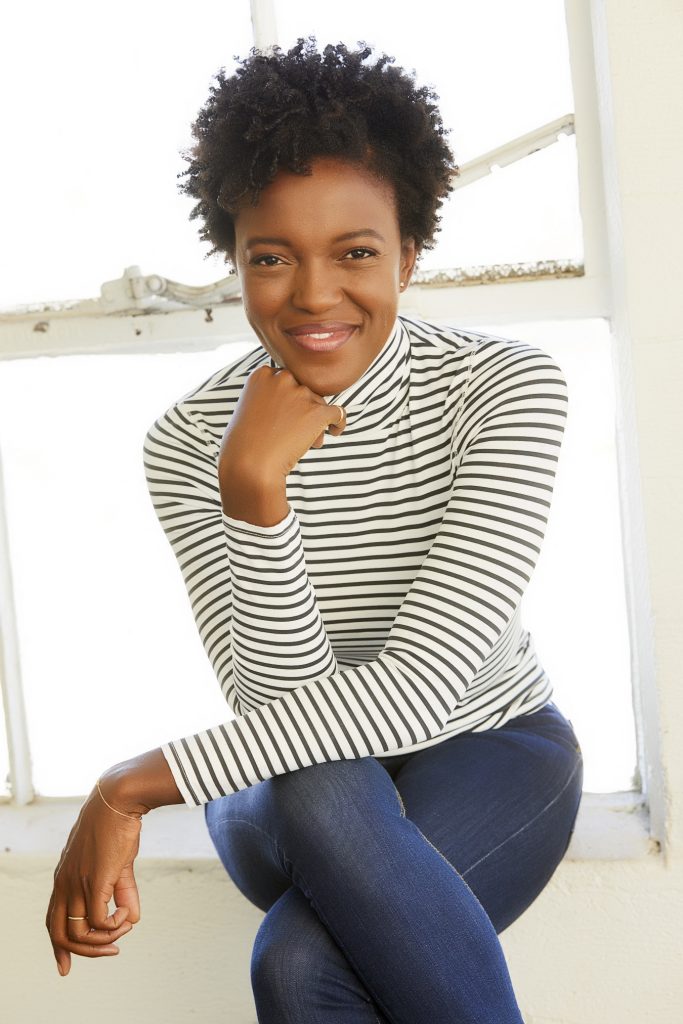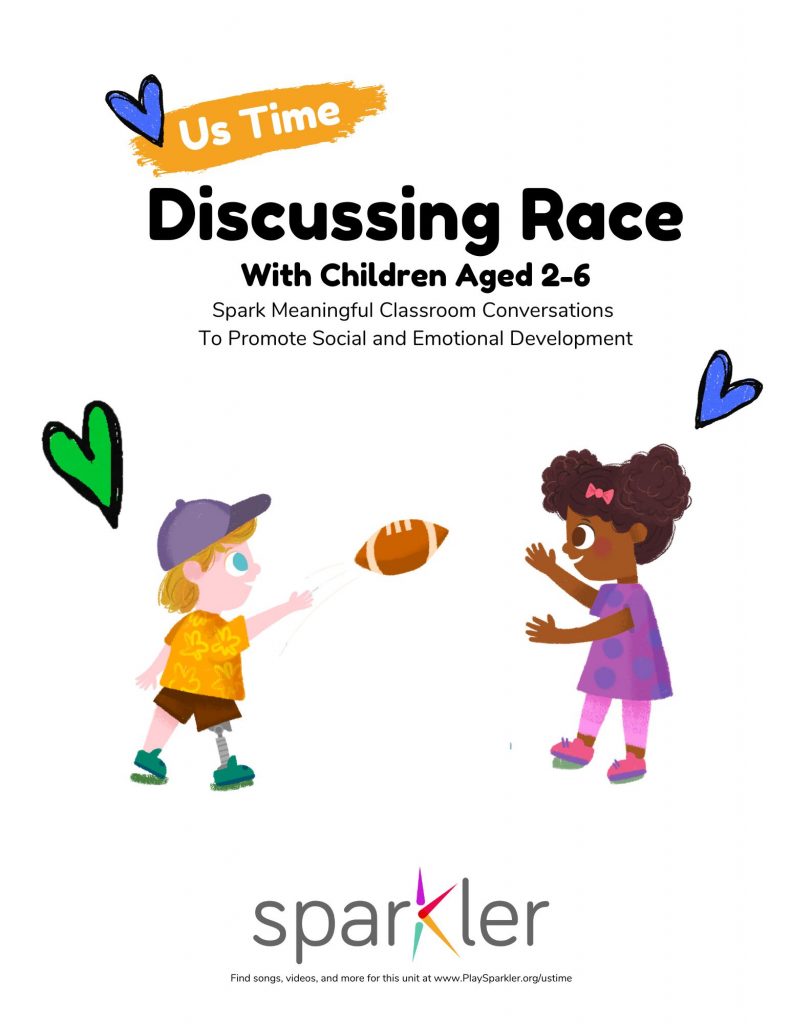Celebrating Our Differences
In this episode, six- and seven-year-old kids of different races/ethnicities (Elliott, Finley, Landon, and Sky) join Todd and a special friend, Makeda Mays Green, to discuss identity, belonging, race, and racism. They share their observations and experiences — and then go on a journey to the Land of Qook-a-lackas, where they advise a Qook-a-leekie, Qwee-co, whose friends have been excluded from a Moon Day party because of their queckles.
Guest Stars in Celebrating Our Differences!

The role of Qwee-co is played by Krys Marshall, an actress who is currently playing the role of Danielle Poole, a NASA engineer and the agency’s first African-American astronaut, on the Apple TV+ series “For All Mankind.” Krys can also be seen on the CW’s “Supergirl,” CBS’s “Bull,” Showtime’s “Shameless,” “Criminal Minds,” “NCIS,” and “How I Met Your Mother,” and NBC’s Emmy-winning series “This Is Us.”
Krys studied classically at The University of North Carolina School of the Arts with a BFA in theatre. When not working, Krys loves to travel, and has visited more than 50 countries. She is an advocate for underprivileged children, and is a mentor with the Young Storytellers Foundation.
The ukulele music in the episode is written and performed by Bill English. Bill is an actor, musician, and voiceover artist based in NYC.
The original song in the episode, “Puzzle Pieces,” is by Brooklyn, NY-based musician and longtime educator Benjamin Weiner.
Original Song: Puzzle Pieces
“Puzzle Pieces” is written and performed by Benjamin Weiner, a Brooklyn-based musician and educator, for the Little Kids, Big Hearts podcast. The music video was illustrated by Julia Levy @ Sparkler.
Educator Resources
The Little Kids, Big Hearts “Celebrating Our Differences” episode is inspired by a new guide for families: “Discussing Race with Young Children: A Step-by-Step Activity Guide.”
The guide, created with our partners at Noggin and Paramount’s Content for Change and published by Sparkler Learning, is available online in English, Spanish, and Chinese, and is full of illustration-based activities that parents can use to extend the conversations from this episode.
The educator resources — which adapt the guide for use in classrooms — is here.

